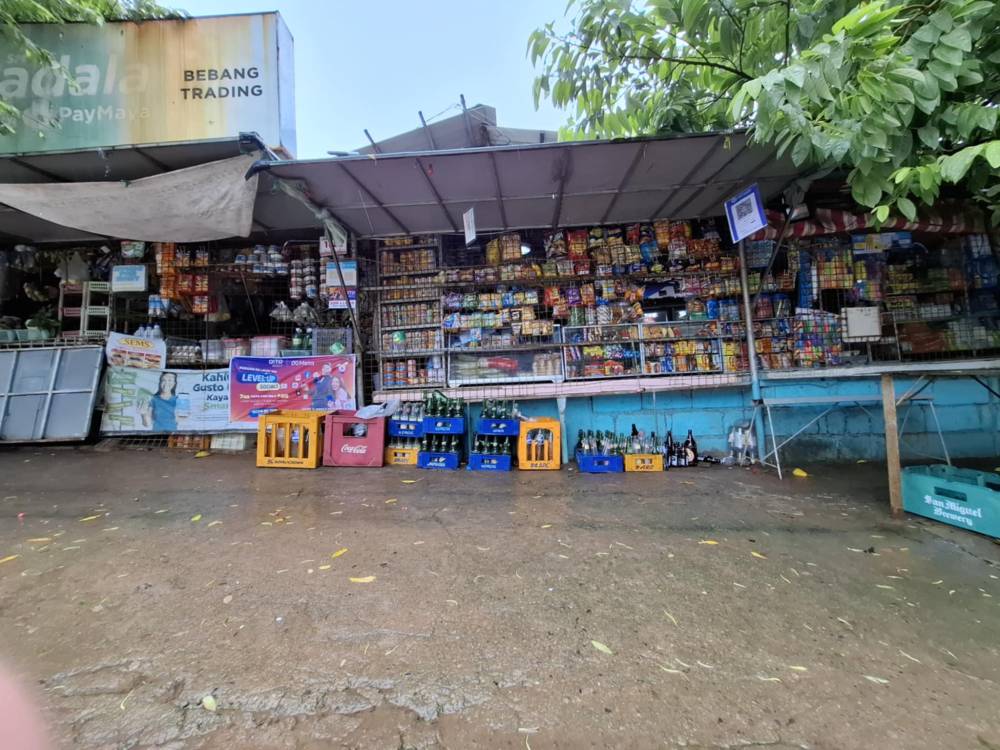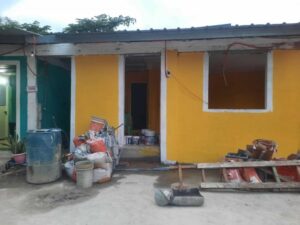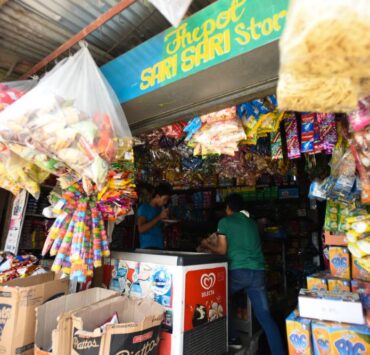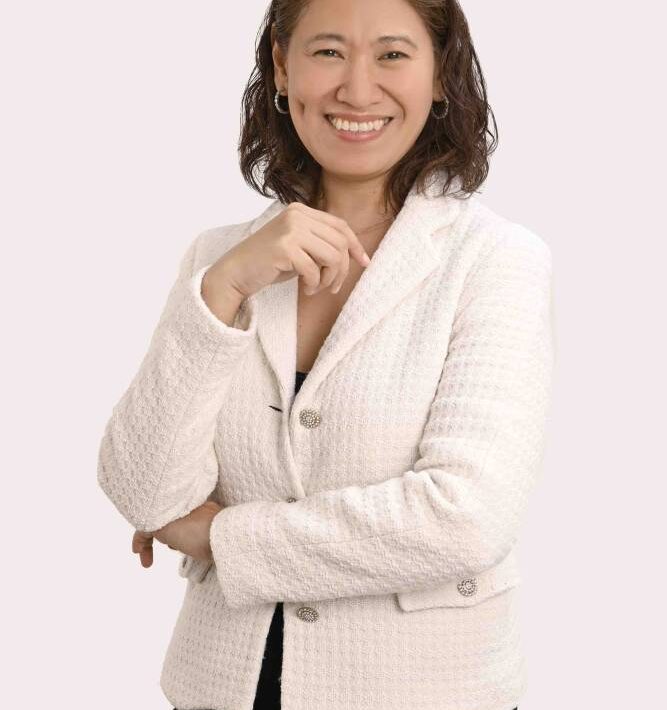Goodbye ‘five-six’, Hello microfinance!

The scenic coastal city of Sandakan in Sabah, Malaysia served as a backdrop for the love story of Jerry and Primitiva “Bebang” Serna in 1997.
Bebang was working a cashier at a novelty store when she caught the eye of Jerry, then employed as a mechanic. Like most overseas Filipinos workers, they longed to return to their homeland and stay for good.
A year later, they got married, settled in Barangay Alas Asin in Mariveles, Bataan and set up a sari-sari or mop-and-pop store outside their home.
But the needs of their five children continued to pile up. Thus, Bebang needed more money to be able to offer more products. A friend told her that she could get the funds from ASA Philippines Foundation.
ASA is a nonprofit, nonstock corporation established in 2004 that specializes in microfinance. All of its clients are women microentrepreneurs, 71 percent of whom are married and between 31 to 50 years old.

In 2016, Bebang took out an initial loan of P4,000 with a P150 weekly repayment. Before the release of the funds, ASA gave her valuable insights into how to achieve financial success.
“Because of my good repayment track record, I am now able to get a loan (for working capital) of up to P300,000,” she says in Filipino.
From a humble sari-sari store, the Sernas’ Bebang Trading has now grown into a mini-grocery as funding from ASA Foundation accelerated its expansion.
As earnings grew, the couple decided to diversify by building residential apartments in the same barangay. “We made sure that we build more apartments with every P100,000 loan we got from ASA,” she adds. They now rent out a total of 24 housing units.

Market leader
Microfinance programs offer loans at low interest rates to help small entrepreneurs like the Sernas grow their business. Cost-effective and sustainable financial options wean the entrepreneurial poor off the usurious “five-six” credit peddled by loan sharks.
ASA is among the largest microfinancing institutions in the country, serving 2.2 million clients through its nearly 2,000 branches nationwide. It offers financing, capital build-up and locked-in capital build-up, mostly to the enterprising poor.
Its financing program offers initial loans sized at P6,000 to P10,000 without any upfront deduction at an interest rate of 2.5 percent monthly, comparable with most credit card products of banks.
Capital build-up refers to a microsavings service wherein clients can deposit P50 weekly and earn rebates at 7 percent per annum.
Locked-in capital build up carries a fixed and mandatory feature wherein clients deposit P10 weekly. Once the accumulated deposit amount reaches P2,400, 50 percent will be transferred to the capital build-up account, where it can be withdrawn. It is also used as a monitoring tool for client performance, especially when evaluating loan renewal.

Funding home improvement
Now, ASA is expanding its financing program to serve the home improvement needs of underserved women entrepreneurs. Called Tahanang Ligtas at Matatag (TaLiMa) offers loan amounts ranging from P8,000 to P30,000, intended for essential home improvements such as roof and ceiling repairs, wall reinforcement, floor restoration, window and door replacement and protective coatings.
“We recognize that many households require assistance to enhance their living conditions and this program is designed to extend our support to those clients,” says Rafael Lopa, ASA president and CEO.
TaLiMa is offered to existing ASA clients who have completed at least two loan cycles, and who have been assessed to be among the “poorest of the poor”, defined as those with monthly income below P13,797 and are beneficiaries of the Pantawid Pamilyang Pilipino Program or 4Ps.
Clients can pay in weekly installments for as long as one year, with an incentive for those who complete payment within six months. Borrowers may also be eligible for additional rebates.
Building resilience
Home improvements are not only meant to upgrade living conditions but also provide stronger protection from extreme weather conditions. “Our goal with TaLiMa financing is to help families not just to recover, but to prepare for future disasters by reinforcing their homes,” says Narciso Tan, chief operations officer of ASA.
According to Julie Iligan, product manager of TaLiMa, they encourage clients to consistently set aside savings for emergencies, to help reduce the risk of payment defaults.
“[But] for those facing financial difficulties, we do not impose late payment fees, as we understand that this would only worsen their situation. Instead, we provide skills training and coaching to help clients enhance their income sources and improve their financial stability,” she adds.
Iligan adds that ASA also educates their clients on how to spot investment scams by disseminating “valuable and relevant information through learning modules on our products and services, available on social media platforms. This initiative will not only equip them with crucial insights but also empower them with the essential knowledge needed to prevent and protect against financial scams.”
In 2022, Citi Philippines extended a $20-million loan to ASA as part of a global commitment to channel $1 trillion to sustainable finance by 2030. This year, Citi has vowed to invest to create livelihood opportunities for 15 million households, including 10 million women.
Securing their future
Looking back, Bebang says that joining ASA was among her best financial decision. The profits she earned from her mini-grocery and rentals have helped send all her five children to school.
“Four of my children are now college graduates. Their future is secured. This is why I’m grateful for ASA for giving us the chance to provide a better future for our children,” she recounts.
“We deeply admire the expertise and skills of women entrepreneurs in managing their finances and businesses. We remain committed to actively listening to their suggestions, ensuring that we provide the support that will help them to continue thriving,” Iligan says.




















